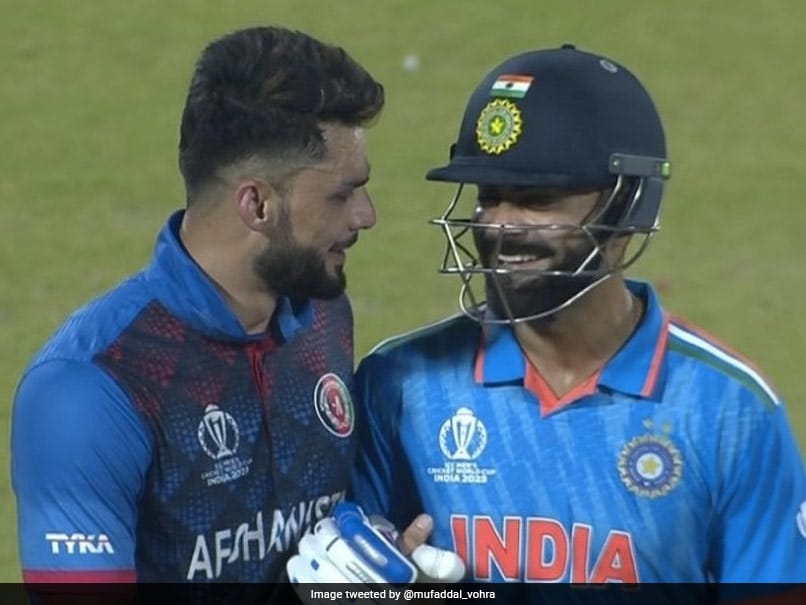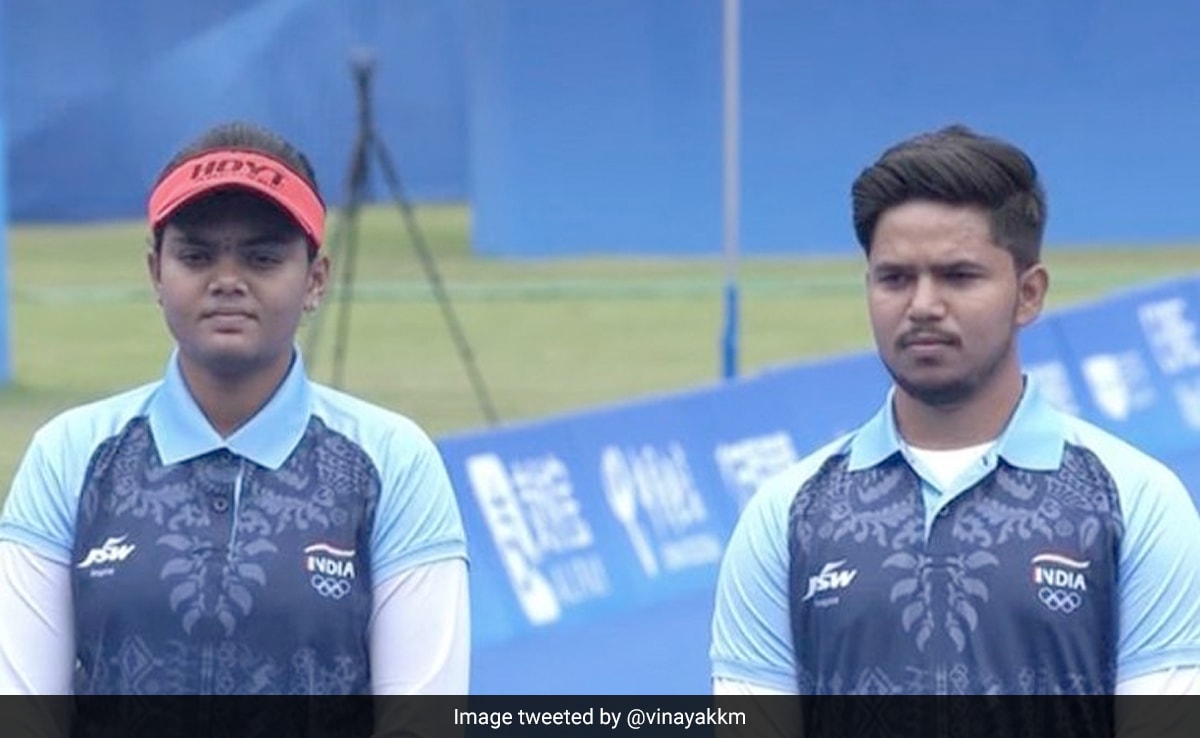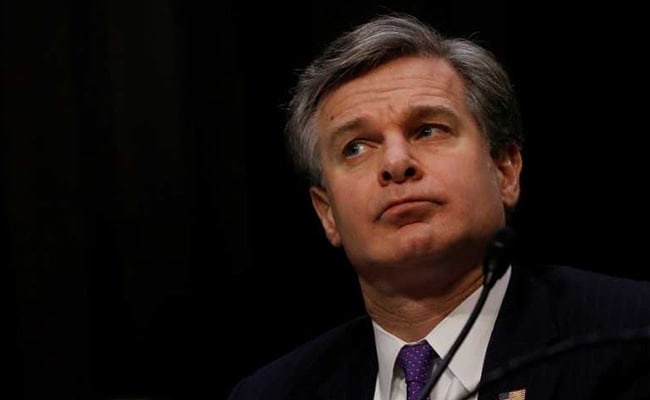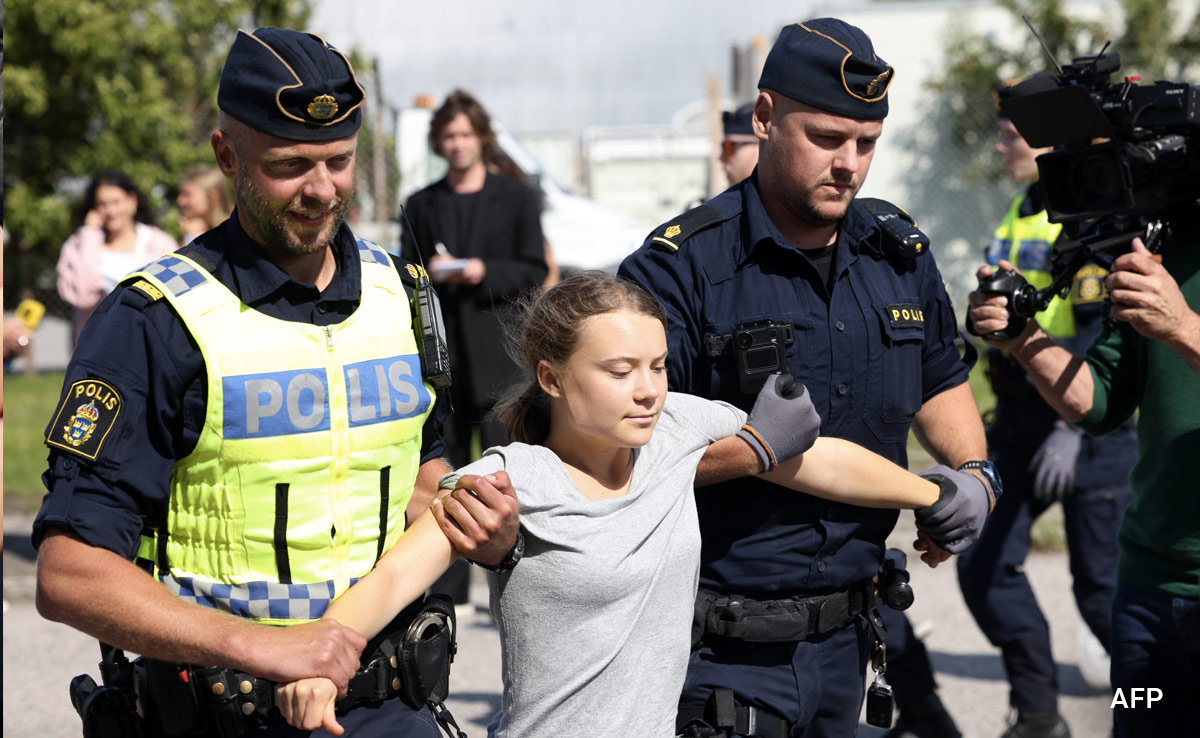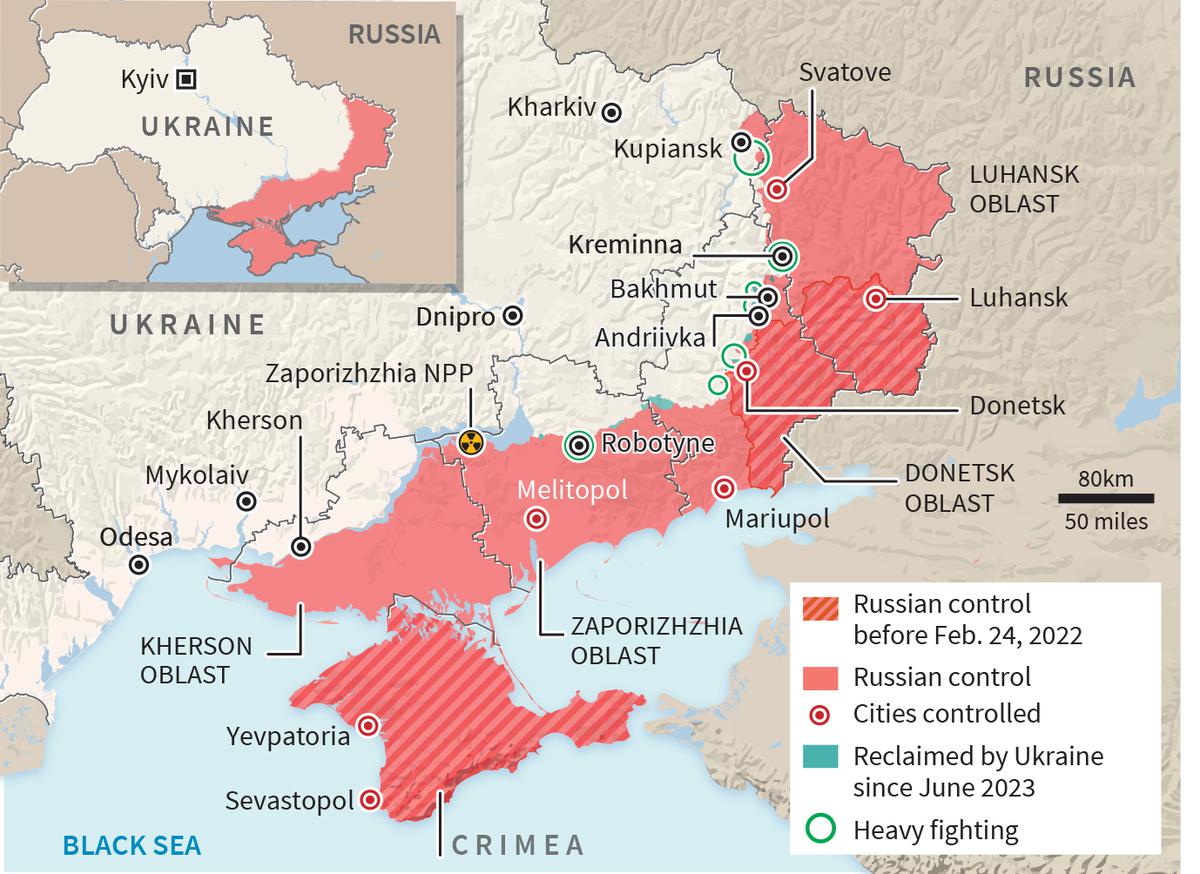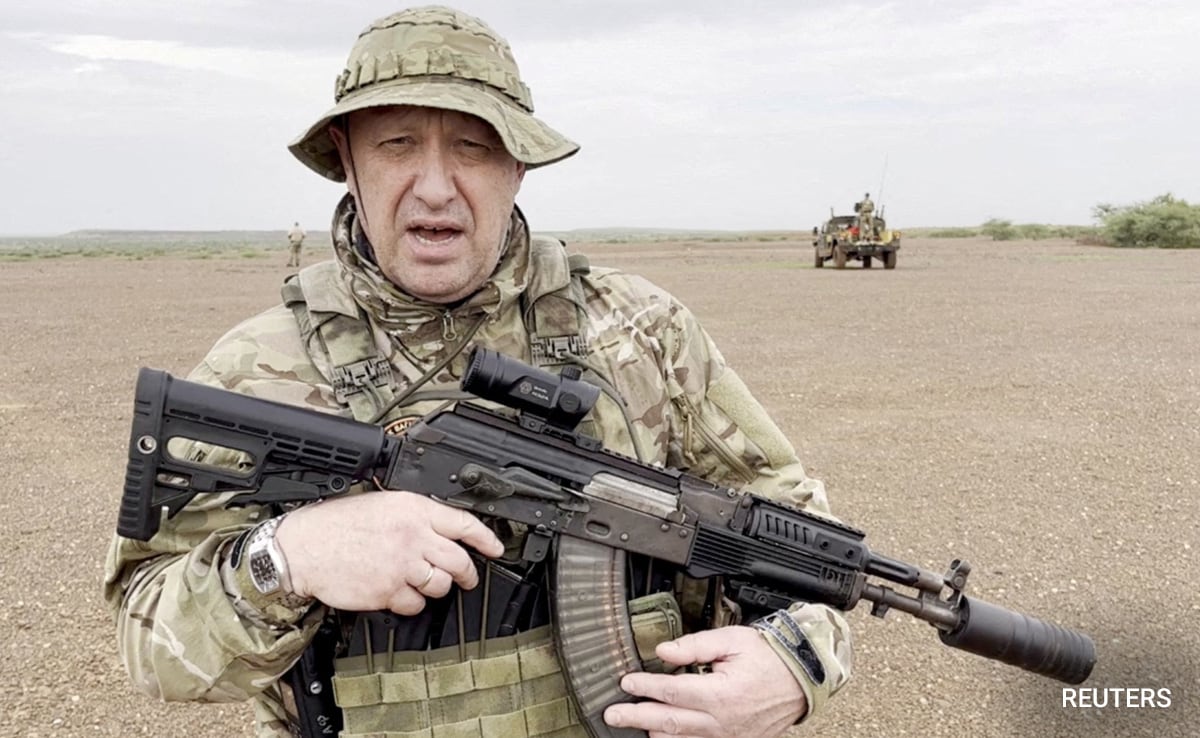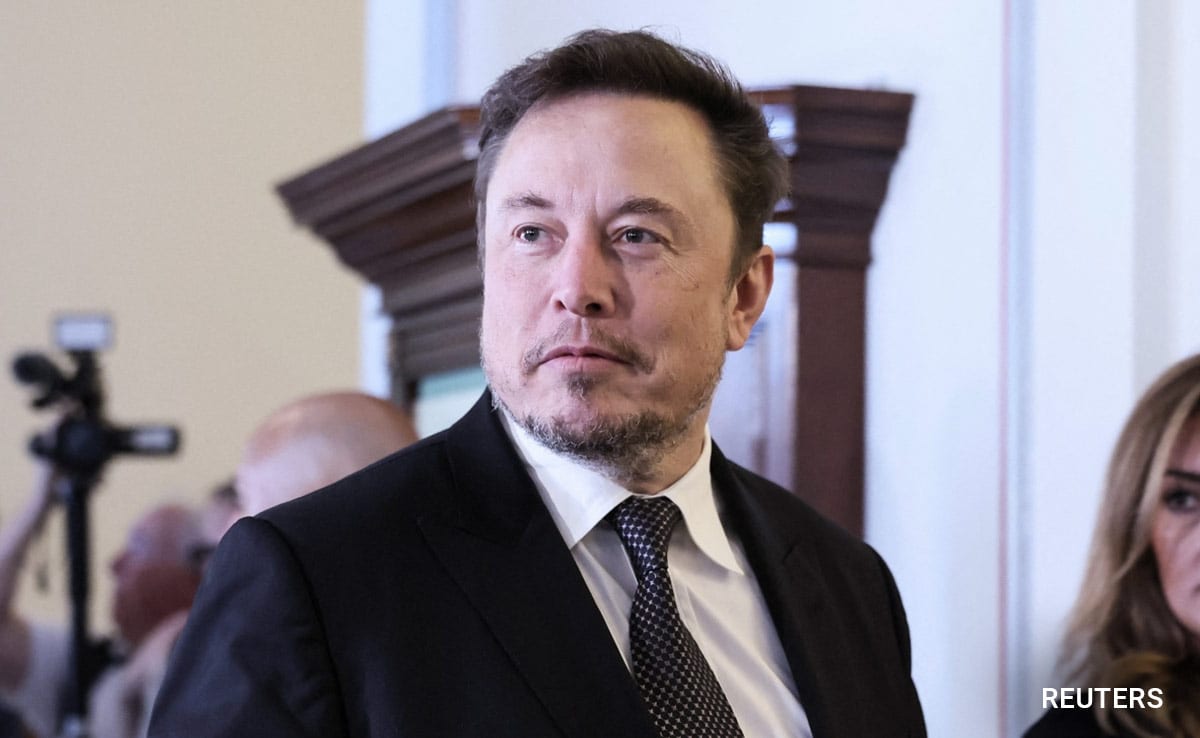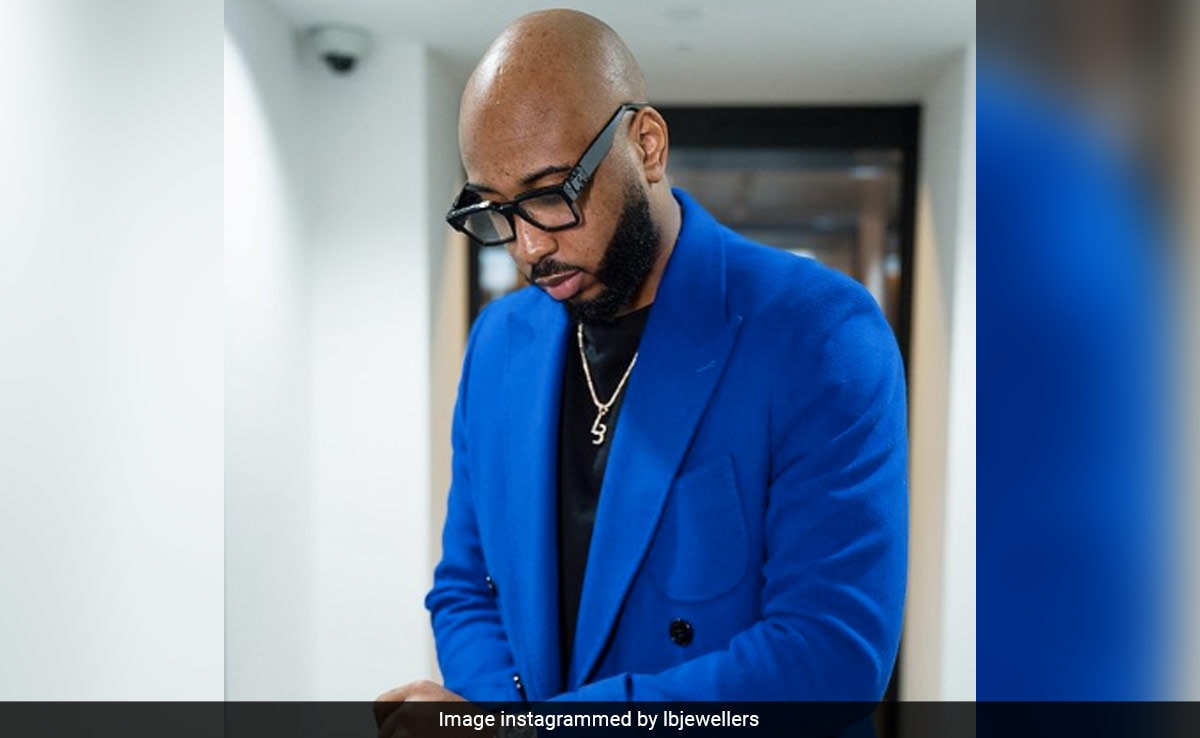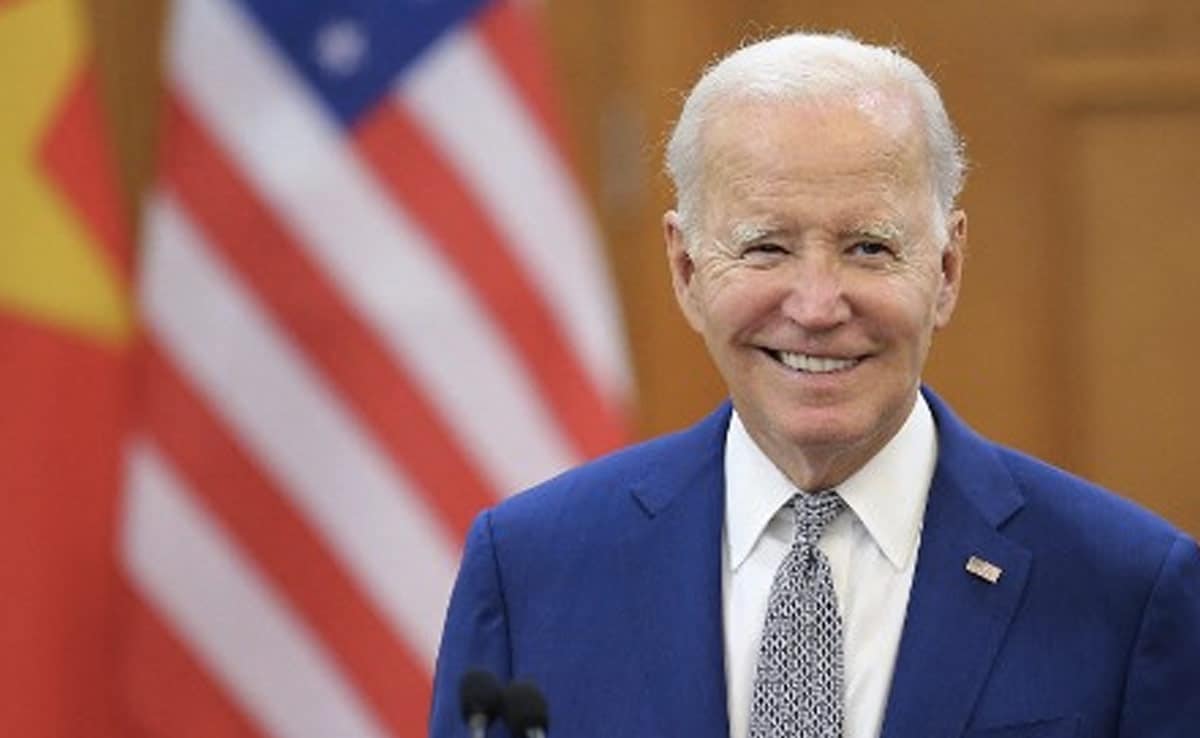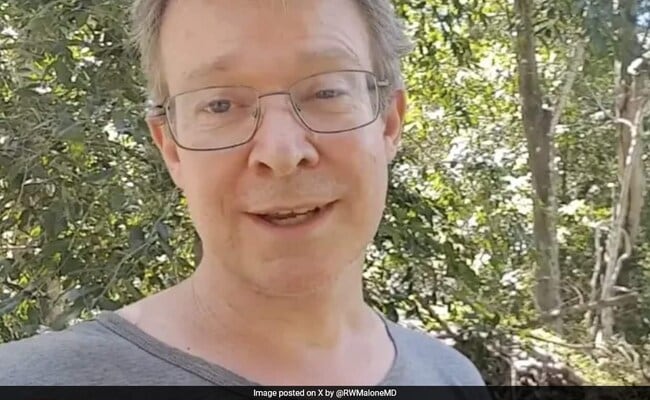A commuter takes pictures with his mobile phone of a decorated wall along a street ahead of the country’s presidential election, in Male.
| Photo Credit: AFP
Over 2,80,000 people of the Maldives will have a say in the presidential polls on Saturday [September 9, 2023], a race that has been shaped by three presidents – the incumbent, a breakaway leader, and a jailed politician.
President Ibrahim Mohamed Solih is seeking a record second term amid a host of political challenges, including a diminished party, after his former colleague Mohamed Nasheed — Parliamentary Speaker and former President — quit the ruling Maldivian Democratic Party (MDP) earlier this year amid growing political differences.
Following the split that sharply divided party loyalists, Mr. Nasheed’s backers set up a new party called The Democrats, whose candidate, legislator Ilyas Labeeb, is among seven rivals challenging President Solih. Male Mayor Mohamed Muizzu, who is running from the People’s National Congress — jailed President Abdulla Yameen was barred from contesting — has drawn considerable support, locals note.
Two other candidates drawing attention are Jumhooree Party leader Qasim Ibrahim and Ahmed Faris Maumoon, son of former President Maumoon Abdul Gayoom who ruled Maldives with an iron first for three decades until the Indian Ocean Archipelago’s shift to democracy in 2008. In a likely scenario where no candidate secures over 50 % of the mandate, a second round of elections will be held.
During his term, India-friendly President Solih has focussed on education, health and civic infrastructure, carrying out a host of projects in capital Male and the atolls, many of which are backed by grants and loans from New Delhi.
While Indian assistance in defence, infrastructure and education have grown, critics of the Solih administration question its “over-reliance” on India. Former President Abdulla Yameen, whose regime was known for its China tilt, sought to mobilise popular support against “Indian intervention”, leading the ‘India Out’ campaign between his two court convictions.
Days before the election, government critics circulated a letter on social media claiming it was communication between the foreign ministers of India and Maldives, on India using Maldivian land for Indian military operations. Both, the Ministry of Foreign Affairs, Maldives, and the High Commission of India in Male rejected the letter as fake and fabricated.
Key issues
While the world observes elections in the island nation for its geopolitical stakes in the region, for Maldivians, the election is more about concerns surrounding land in the congested capital, and their economic fortunes in an economy strained by debt and rapid, asymmetric development.
On the penultimate day of campaign on Thursday, Male’s streets were lit up with some characteristic late-night rallies, as bold posters of candidates pop up every few yards. “We have seen the voter turn out increase in the last three presidential elections from 86.58 % (2003), 87.20 % (2013) and 89.22 % (2018),” an official of the Election Commission said on Monday.
In addition to capital Male, polling stations have been set up in 189 atolls, apart from tourist resorts to enable the scattered population exercise their franchise in the country’s fourth presidential election since its switch to democracy in 2008.



